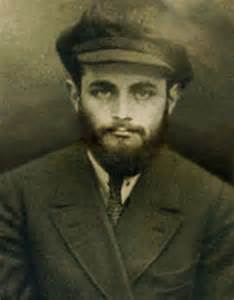From Reb Zalman’s 2004 lecture given at Elat Hayyim and published by Spirit of the Desert Productions, R Sarah Leah Grafstein, may she be blessed!
Samachti B’omrim Li Beit Hashem Nelech. I was so happy to come to Shul today because there was a resurrection of a part of the Davvenen that, by and large hasn’t been happening anymore in the way in which one finds it in the average synagogue.
How so? Because when you’d come in to shul on Shabbos morning, first there are [only] a couple of old-timers there. [Then,] they send an old-timer over to the Amud and he buzzes through Pesukei D’Zimra.
So the worlds of Assiyah and Yetzirah [where one is to get in touch with] the action directives where Torah flows into our lives and the places where we get excited over God, that was sort of [glossed over]…
Finally, the Cantor would get up and sing, “Shokhen Ad Marom“, etc. and then it would begin, (as far as the “service” is concerned).
Barukh Hashem we are resurrecting the body in Birkhot Hashachar. And it’s so beautiful to see how people get into their bodies and dedicate the sight of the eyes [with] Pokeach Ivrim, Zokef K’fufim / the stretch and everything else; and we are in the body.
And then, for all the times that it says, “Praise God with a drum and with a dance,” and people were saying that [buzzing through quickly], what was happening [in the text], i.e., a drum or a dance or something like this, wasn’t happening in shul.
So for this, I’m very very grateful: Shehechiyanu v’Kiy’manu v’Higianu Laz’man Hazeh that I lived to see this being resurrected and brought back to people in davvening.
There is another area which needs some great, great work. And I feel like Jacob on that night he had to go across the river and pick up the last bits that he had left there. So before I can go on up with the ladder and deal with things that come at the end of life, I feel that the Pachim K’tanim [that] there a few containers, small containers that haven’t been recovered yet.
(more…)
